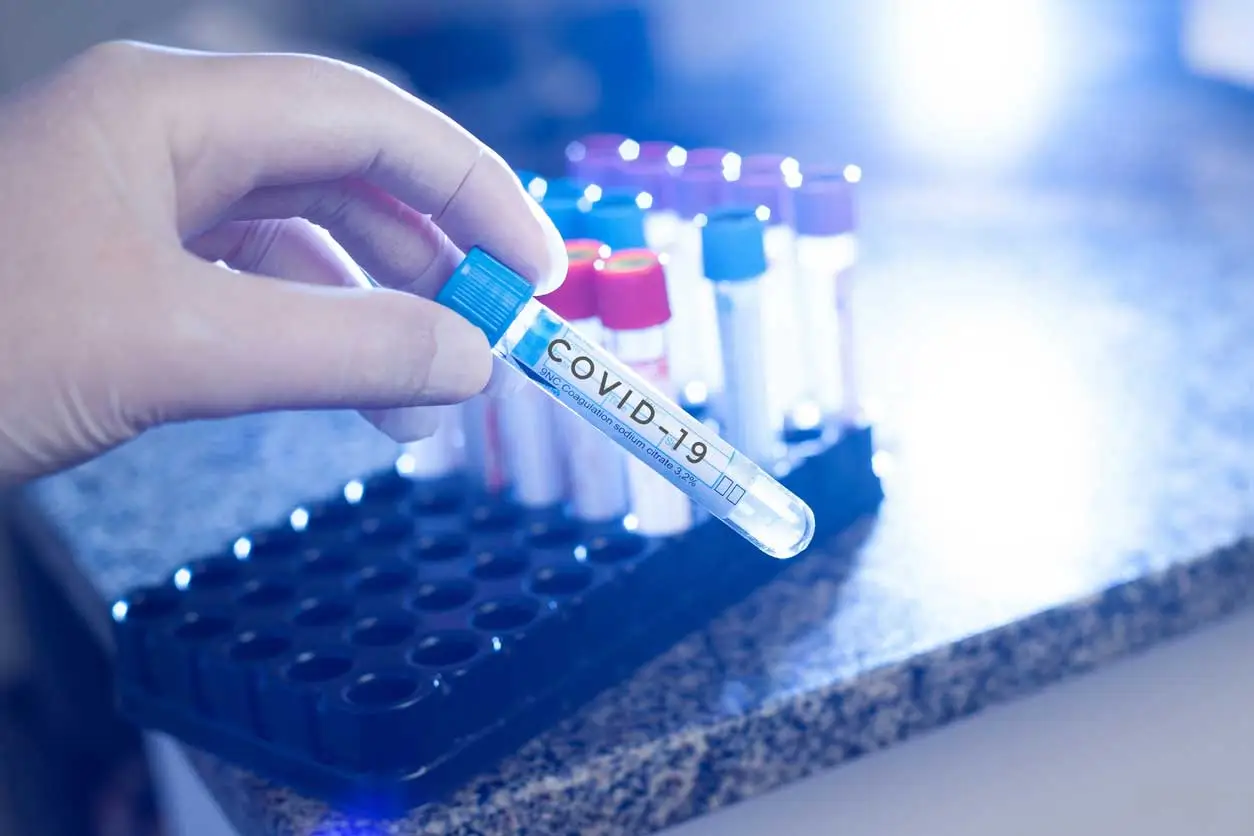As the world continues to adapt to life post-pandemic, the search for effective treatments for COVID-19 remains ongoing. Among the most promising innovations in the field of regenerative medicine is mesenchymal stem cell (MSC) therapy, which has shown potential in managing severe complications caused by the virus.
Why Stem Cell Therapy for COVID-19?
Severe COVID-19 cases often lead to acute respiratory distress syndrome (ARDS), lung inflammation, and immune system overreactions (cytokine storms). Stem cell therapy, particularly with MSCs, may help by:
- Reducing lung inflammation
- Promoting regeneration of lung tissue
- Modulating immune response
- Preventing fibrosis and long-term lung damage

Key Research Highlights
Case Study: Rapid Recovery in Critically Ill Patients
A 2020 study published in Medicine in Drug Discovery examined eight patients with severe COVID-19-related pneumonia treated with high doses of MSCs. All patients experienced dramatic improvements, and the study concluded:
“MSC therapy is safe and can reverse critical illness, representing a groundbreaking biological treatment option.“
Nature Journal: MSCs as a Promising Treatment Avenue
An April 2020 article in Nature titled “COVID-19: Immunopathology and Its Implications for Therapy” emphasized the anti-inflammatory and tissue-repairing benefits of MSCs. The authors noted that:
“MSCs promote alveolar fluid clearance and repair epithelial cell damage, making them a promising candidate for treating COVID-19-related lung injuries.“
30+ Global Clinical Trials Underway
A paper in Stem Cell Reviews and Reports outlined more than 30 clinical trials exploring MSC therapy for COVID-19 worldwide. Researchers observed that:
“Although MSCs often become trapped in the lungs, a limitation in other treatments, this localization may actually help recover lung function and prevent fibrosis in COVID-19 patients.“
4. Israeli Compassionate Use Program
In Israel, six critically ill COVID-19 patients received MSC treatment under a compassionate use program. All six survived and showed significant clinical improvement. Following these results, the program expanded internationally.
The Road Ahead
While early studies are encouraging, it’s important to recognize that larger, randomized trials are necessary to confirm these findings and gain global regulatory approval. Nonetheless, stem cell therapy continues to be explored as a viable adjunct treatment, especially for patients with severe or long-lasting lung complications.
Conclusion
Mesenchymal stem cell therapy has emerged as a potential game-changer in managing severe COVID-19 cases. With ongoing research and trials, it may soon become a recognized part of treatment strategies, particularly for those who don’t respond to conventional methods.
As science continues to evolve, stem cell therapy could offer not just hope, but real healing for those affected by the long-term impacts of COVID-19.














Sorry, the comment form is closed at this time.